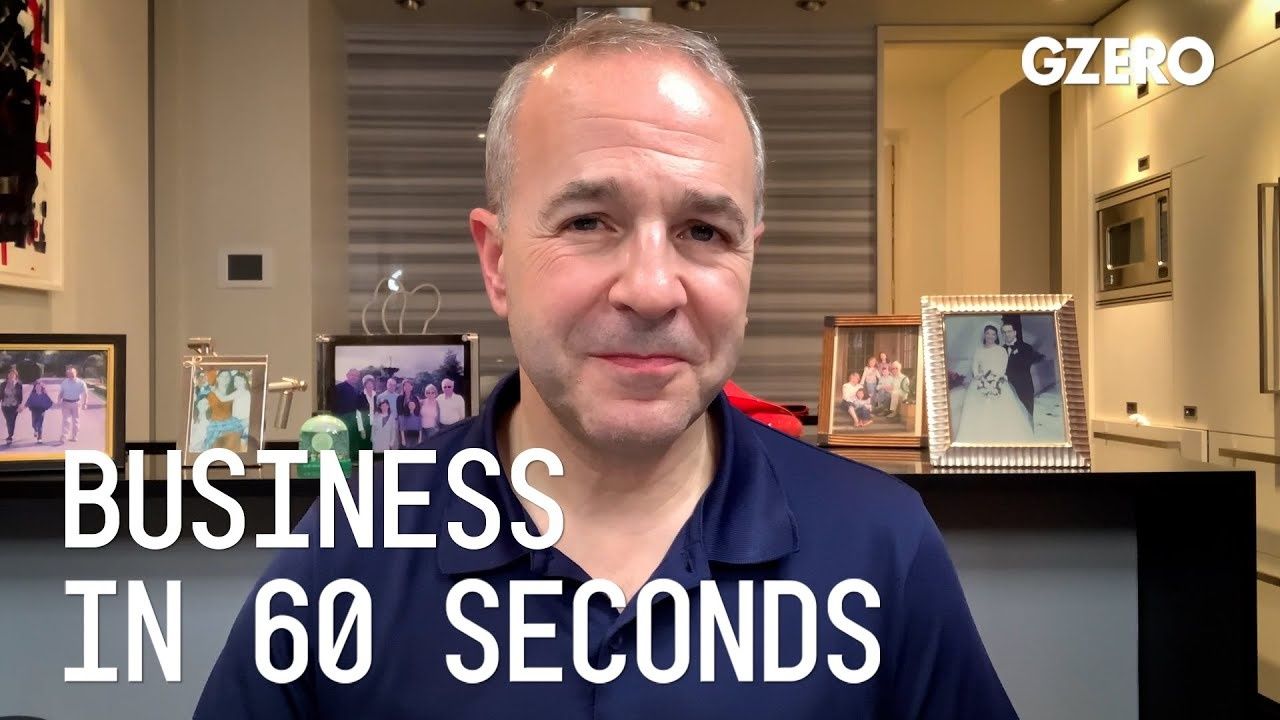In 60 Seconds
2021 opportunities & threats: inequality, mental health, environment

2021 Opportunities & Threats: Inequality, Mental Health, Environment | Business In :60 | GZERO Media

Kevin Sneader, Global Managing Partner at McKinsey & Company, provides perspective on what corporate business leaders are thinking during the global coronavirus crisis:
What are the opportunities and threats on the horizon for 2021?
Now, given the pandemic is still raging, it's hard to narrow the threats and opportunities down, but here are three threats and three opportunities. One, a growing likelihood of increased inequality on several fronts. Gender, since a quarter of women in work we recently did with LeanIn.org were either contemplating leaving or taking time out of the workforce. This reached 40% for those with young children. Race, since Black Americans have seen their jobs disappear at a far greater rate than their white counterparts. And income, since COVID deaths are 4 to 5 times higher among the unemployed and are concentrated in jobs that have been hardest hit. The second threat, mental health. The signs are increasing that this is the other side of the health threat that the virus poses. And three, the environment. They need to ensure a green rather than brown recovery at a time when money is tight.
On the opportunities, first off, flexibility in working through remote and other forms of working that are now happening. Secondly, innovation; we've seen more startups this year being started than in any year before. And lastly, the environment; for all that I said there is a risk of a brown recovery, policy makers and businesses alike in much of the world assuring they're prepared to invest behind the business case for a green recovery.
100 million: The number of people expected to watch the Super Bowl halftime performance with Bad Bunny, the Puerto Rican superstar and newly minted Album of the Year winner at the Grammys.
Think you know what's going on around the world? Here's your chance to prove it.
An imminent US airstrike on iran is not only possible, it's probable.
Americans are moving less — and renting more. Cooling migration and rising vacancy rates, especially across the Sunbelt, have flattened rent growth and given renters new leverage. For many lower-income households, that relief is beginning to show up in discretionary spending. Explore what's changing in US housing by subscribing to Bank of America Institute.